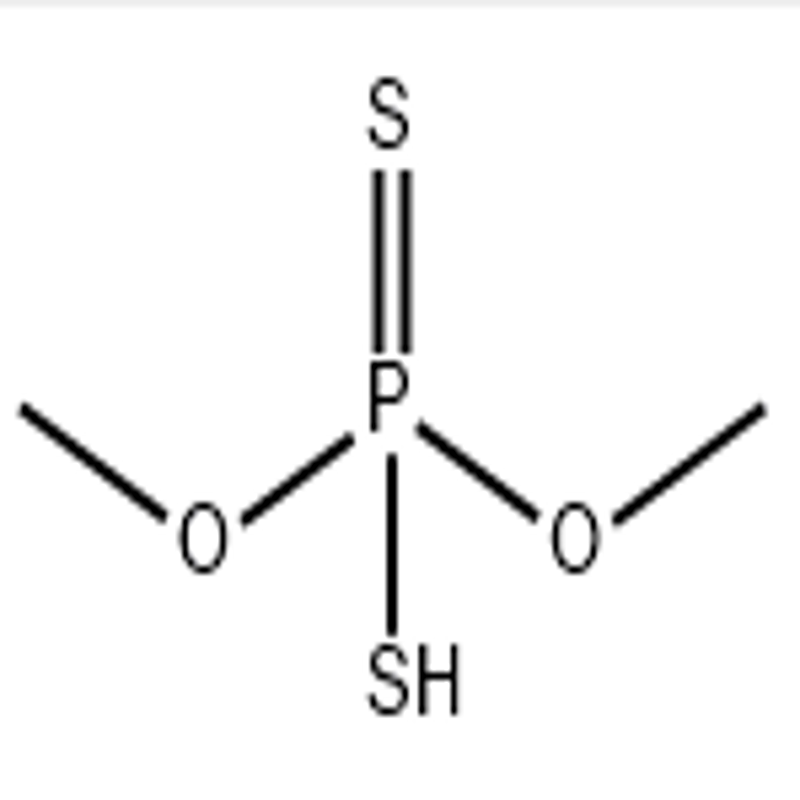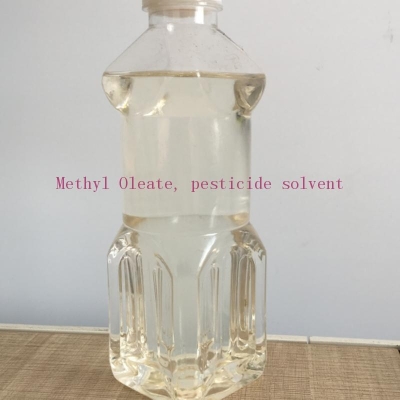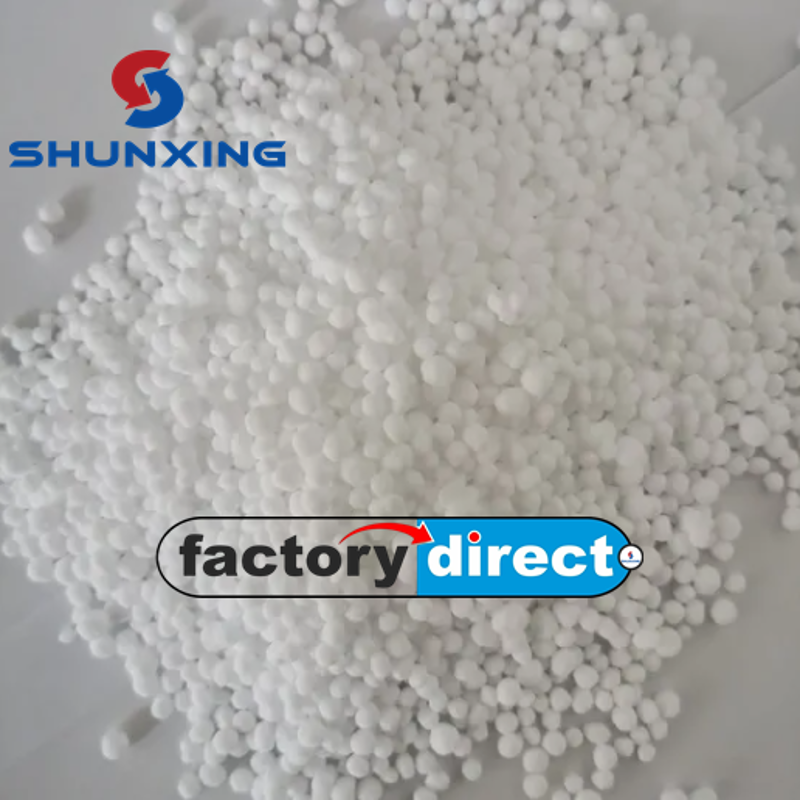-
Categories
-
Pharmaceutical Intermediates
-
Active Pharmaceutical Ingredients
-
Food Additives
- Industrial Coatings
- Agrochemicals
- Dyes and Pigments
- Surfactant
- Flavors and Fragrances
- Chemical Reagents
- Catalyst and Auxiliary
- Natural Products
- Inorganic Chemistry
-
Organic Chemistry
-
Biochemical Engineering
- Analytical Chemistry
-
Cosmetic Ingredient
- Water Treatment Chemical
-
Pharmaceutical Intermediates
Promotion
ECHEMI Mall
Wholesale
Weekly Price
Exhibition
News
-
Trade Service
Pesticide is an important chemical product, which plays an important role in ensuring agricultural production, food and food safety
.
During the two sessions this year, Chen De, a member of the National Committee of the Chinese People's Political Consultative Conference and vice chairman of the Fengcheng City Political Consultative Conference of Liaoning Province, submitted a proposal on the revision of the relevant content of the "Pesticide Management Regulations"
.
Chen De said that the pesticide industry plays an important role in China's agriculture, industry, and the national economy
.
Pesticide production, like other fine chemical products, belongs to the category of chemical production.
Pesticide production involves thousands of raw materials, the production process is complicated, and the production technology requirements are high
.
In order to strengthen pesticide management, ensure the quality of pesticides, and ensure the quality and safety of agricultural products, the state promulgated and implemented the "Regulations on Pesticide Management" (hereinafter referred to as the "Regulations") on May 8, 1997, and implemented them on November 29, 2001 and 2017 respectively.
Two revisions were made on February 8
.
On June 1, 2017, the second revision of Article 17 of the “Regulations” stipulates that “the country implements a pesticide production license system, and pesticide production enterprises shall report to the agricultural supervisors of the people’s governments of provinces, autonomous regions, and municipalities in accordance with the provisions of the agricultural authorities of the State Council.
The department applies for a pesticide production license"
.
The newly revised "Regulations on the Administration of Pesticides" adjusted the pesticide production license from the Ministry of Industry and Information Technology to the Ministry of Agriculture and Rural Affairs
.
Agricultural and rural departments at all levels, in accordance with the "Regulations," conscientiously perform their duties and perform their duties, and carry out the approval and issuance of pesticide production licenses
.
? However, in the specific work, the agricultural and rural departments have encountered some practical difficulties, which are manifested in two aspects: First, the agricultural and rural departments lack experience in pesticide production and management
.
The agricultural and rural sector has always been the competent authority of the primary industry.
It is familiar with agricultural industry development planning, policy layout, production management, technical guidance, etc.
However, pesticide production is different from agricultural production and belongs to the category of chemical production.
The pesticide production process involves Complex chemical reactions, especially the production of many technical products, involve more complicated processes
.
As the saying goes, "interlacing is like separating mountains.
" Agricultural and rural departments at all levels generally do not have the corresponding chemical expertise, unable to find and solve problems in the pesticide production management in time, and there are serious technical constraints in handling production license review and management.
.
The second is the lack of professional pesticide production management personnel
.
The staff in the agricultural departments at all levels mostly graduated from majors related to agricultural production.
The staff in the system are seriously lacking in professional knowledge and work experience in pesticide production.
There are basically no staff who are familiar with the chemical production process in the entire system and do not have the necessary It is difficult to meet the demand for high-quality and refined management of pesticide production due to its chemical expertise
.
In view of the serious shortage of professional capabilities and technical personnel in the management of pesticide production in the agricultural sector, in order to further promote the high-quality development of pesticide production, it is recommended to amend the relevant provisions of the Regulations on pesticide production, and continue to be responsible for pesticide registration and pesticide registration by the agricultural and rural departments.
The operation management and use guidance, etc.
, the pesticide production license is re-submitted to the industry and information department for management, and professional matters are assigned to the professional department.
The existing professional team and management system advantages of the industry and information department are used to better promote the high level of the pesticide industry.
Quality development
.
.
During the two sessions this year, Chen De, a member of the National Committee of the Chinese People's Political Consultative Conference and vice chairman of the Fengcheng City Political Consultative Conference of Liaoning Province, submitted a proposal on the revision of the relevant content of the "Pesticide Management Regulations"
.
Chen De said that the pesticide industry plays an important role in China's agriculture, industry, and the national economy
.
Pesticide production, like other fine chemical products, belongs to the category of chemical production.
Pesticide production involves thousands of raw materials, the production process is complicated, and the production technology requirements are high
.
In order to strengthen pesticide management, ensure the quality of pesticides, and ensure the quality and safety of agricultural products, the state promulgated and implemented the "Regulations on Pesticide Management" (hereinafter referred to as the "Regulations") on May 8, 1997, and implemented them on November 29, 2001 and 2017 respectively.
Two revisions were made on February 8
.
On June 1, 2017, the second revision of Article 17 of the “Regulations” stipulates that “the country implements a pesticide production license system, and pesticide production enterprises shall report to the agricultural supervisors of the people’s governments of provinces, autonomous regions, and municipalities in accordance with the provisions of the agricultural authorities of the State Council.
The department applies for a pesticide production license"
.
The newly revised "Regulations on the Administration of Pesticides" adjusted the pesticide production license from the Ministry of Industry and Information Technology to the Ministry of Agriculture and Rural Affairs
.
Agricultural and rural departments at all levels, in accordance with the "Regulations," conscientiously perform their duties and perform their duties, and carry out the approval and issuance of pesticide production licenses
.
? However, in the specific work, the agricultural and rural departments have encountered some practical difficulties, which are manifested in two aspects: First, the agricultural and rural departments lack experience in pesticide production and management
.
The agricultural and rural sector has always been the competent authority of the primary industry.
It is familiar with agricultural industry development planning, policy layout, production management, technical guidance, etc.
However, pesticide production is different from agricultural production and belongs to the category of chemical production.
The pesticide production process involves Complex chemical reactions, especially the production of many technical products, involve more complicated processes
.
As the saying goes, "interlacing is like separating mountains.
" Agricultural and rural departments at all levels generally do not have the corresponding chemical expertise, unable to find and solve problems in the pesticide production management in time, and there are serious technical constraints in handling production license review and management.
.
The second is the lack of professional pesticide production management personnel
.
The staff in the agricultural departments at all levels mostly graduated from majors related to agricultural production.
The staff in the system are seriously lacking in professional knowledge and work experience in pesticide production.
There are basically no staff who are familiar with the chemical production process in the entire system and do not have the necessary It is difficult to meet the demand for high-quality and refined management of pesticide production due to its chemical expertise
.
In view of the serious shortage of professional capabilities and technical personnel in the management of pesticide production in the agricultural sector, in order to further promote the high-quality development of pesticide production, it is recommended to amend the relevant provisions of the Regulations on pesticide production, and continue to be responsible for pesticide registration and pesticide registration by the agricultural and rural departments.
The operation management and use guidance, etc.
, the pesticide production license is re-submitted to the industry and information department for management, and professional matters are assigned to the professional department.
The existing professional team and management system advantages of the industry and information department are used to better promote the high level of the pesticide industry.
Quality development
.







